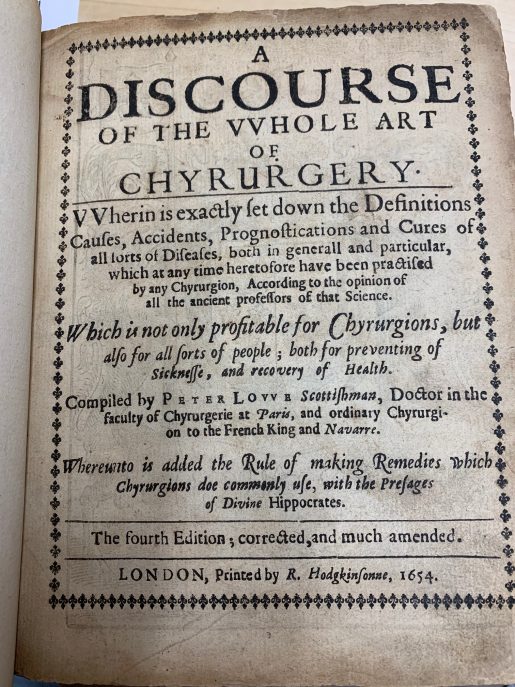On July 28, 2020, the University will be replacing its more than 20-year-old library catalog. HSLS’s current online catalog, PITTCat for the Health Sciences, along with the University Library System’s (ULS) PITTCat Classic and PITTCat+, will be retired and replaced with a new library discovery service powered by Ex Libris Primo VE. To make the transition easier, the new PittCat will combine both PITTCat+ and PITTCat Classic into one and will be shared between HSLS, ULS, and the Barco Law Library.
The updated PittCat offers a powerful, intuitive search, and unique tools for discovery of content and ideas, as well as streamlined ways to get the material you need, when you need it, in formats that are right for you. In addition to searching the almost 6 million titles in the libraries’ catalogs, this new service will allow patrons to search for millions of full-text articles in subscribed electronic resources, with the ability to limit results to peer-reviewed or open access content, and to filter by publication date, journal, and author. Continue reading

 Peter Lowe, author of A Discourse of the Whole Art of Chirurgery published in London in 1654, left a significant mark on Scottish medicine by founding the Faculty of Physicians and Surgeons in Glasgow, reorganizing the practice of medicine in the same city, and then writing a book that made quite a stir. Contrary to the dominating trend at that time to write scientific books in Latin, this book was written in the vernacular and enjoyed great popularity (four editions in the 17th century). However, even more than its importance to 17th century medicine, are the provenance notes added in the 19th century that make the volume in Falk Library’s rare book collection special and unique.
Peter Lowe, author of A Discourse of the Whole Art of Chirurgery published in London in 1654, left a significant mark on Scottish medicine by founding the Faculty of Physicians and Surgeons in Glasgow, reorganizing the practice of medicine in the same city, and then writing a book that made quite a stir. Contrary to the dominating trend at that time to write scientific books in Latin, this book was written in the vernacular and enjoyed great popularity (four editions in the 17th century). However, even more than its importance to 17th century medicine, are the provenance notes added in the 19th century that make the volume in Falk Library’s rare book collection special and unique.

